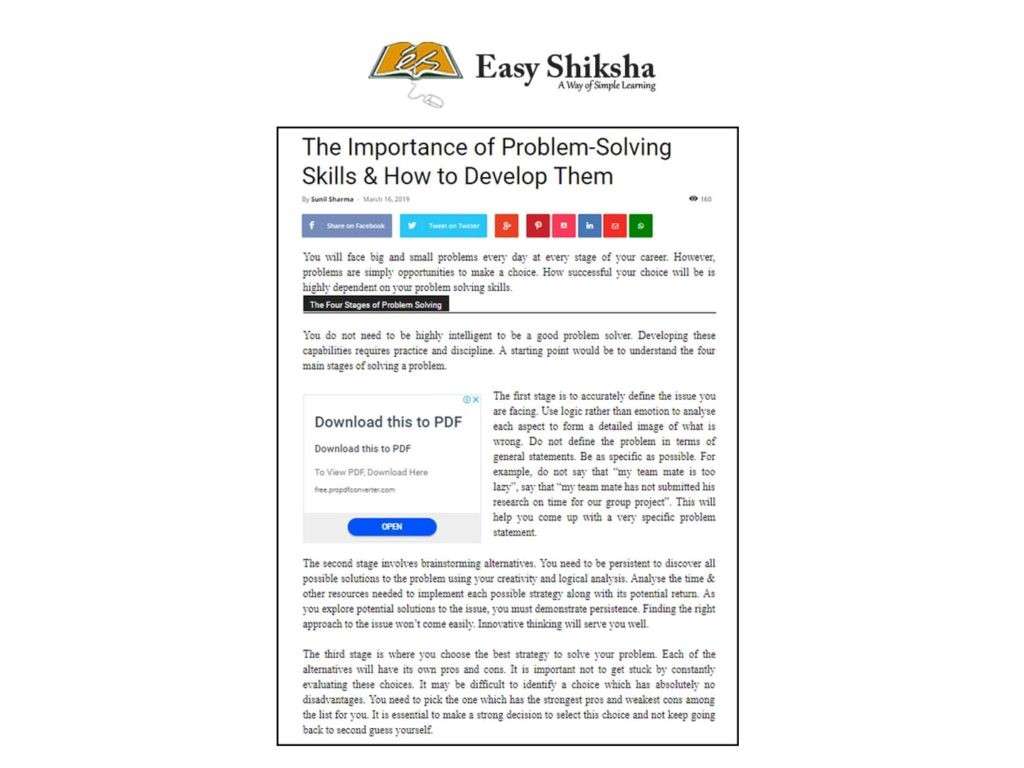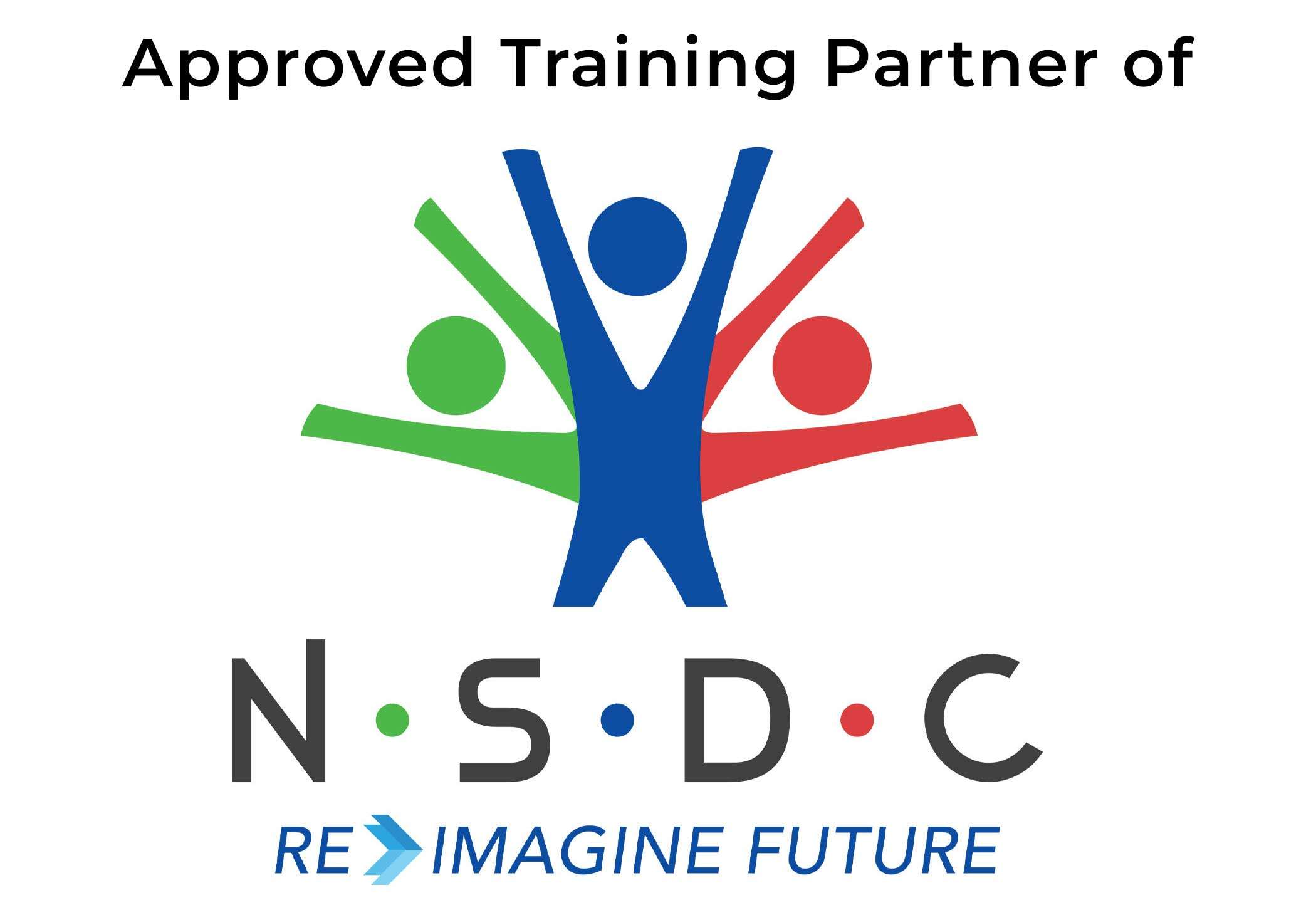Share
The Importance of Problem-Solving Skills & How to Develop Them

You will face big and small problems every day at every career stage. However, problems are simply opportunities to make a choice.
How successful your choice is will depend on your problem-solving skills.
The Four Stages of Problem-Solving Skills
To solve problems quickly, you don’t need to be highly brilliant. These skills must be developed through practice and discipline.
A starting point would be to understand the four main stages of solving a problem.
Stage 1: Is to accurately define the issue you are facing.
Do not define the problem in terms of general statements.
Be as specific as possible.
Stage 2: Involves brainstorming alternatives.
Using your creativity and logical analysis, you should be persistent to order to find every potential solution to the issue.
Finding the right approach to the issue won’t come easily.
Innovative thinking will serve you well.
Stage 3: Each of the alternatives will have its own pros and cons.
It is important not to get stuck by constantly evaluating these choices.
You need to pick the one which has the strongest pros and weakest cons among the list for you.
It is essential to make a strong decision to select this choice and not keep going back to second guess yourself.
Stage 4: The final stage is where you implement the solution.
This may require strong leadership from you to get your colleagues to agree to your solution and to get their help in implementing this, if needed.
Both communication and negotiation are important at this point to minimize push back from them.
Once you’ve implemented your solution, you’ll need to utilize critical thinking and attention to detail as you assess the results and tweak your strategy as needed to make sure the problem is successfully resolved.
How to develop your problem-solving skills
There are a range of activities you can do to hone this skill. Some are listed below:
Learn brainstorming techniques like mind mapping, six thinking hats, SWOT analysis etc.
Look at everyday issues with a “what if” mentality, where you question the existing solution and speculate on what would happen if a different solution was implemented
Keep a diary where you write down all your ideas, no matter how small or out-of-the-box
Play games like chess, Sodoku or other logic puzzles
Keep reading non-fiction books to discover new ideas
Spend time with people you can learn from and understand their perspectives on how they see the world.
Why Employers Look For Problem-Solving Skills
When interviewing potential candidates for a job, employers prefer to hire those with good problem solving skills as these indicate the candidate has a range of other desirable competencies like logic, creativity, resilience, imagination, lateral thinking and determination.
Hence, if you want to get a good job it is important to show that you have the required problem solving skills. One way to do this, is by putting PAR (Problem-Action-Result) statements in the experience section of your resume.
Developing strong problem solving skills will be critical to your long term career success.
The best way to start is by honing these skills every day through the points mentioned above and by documenting your success in solving regular issues in your diary, so that you have strong evidence to show potential employers.



